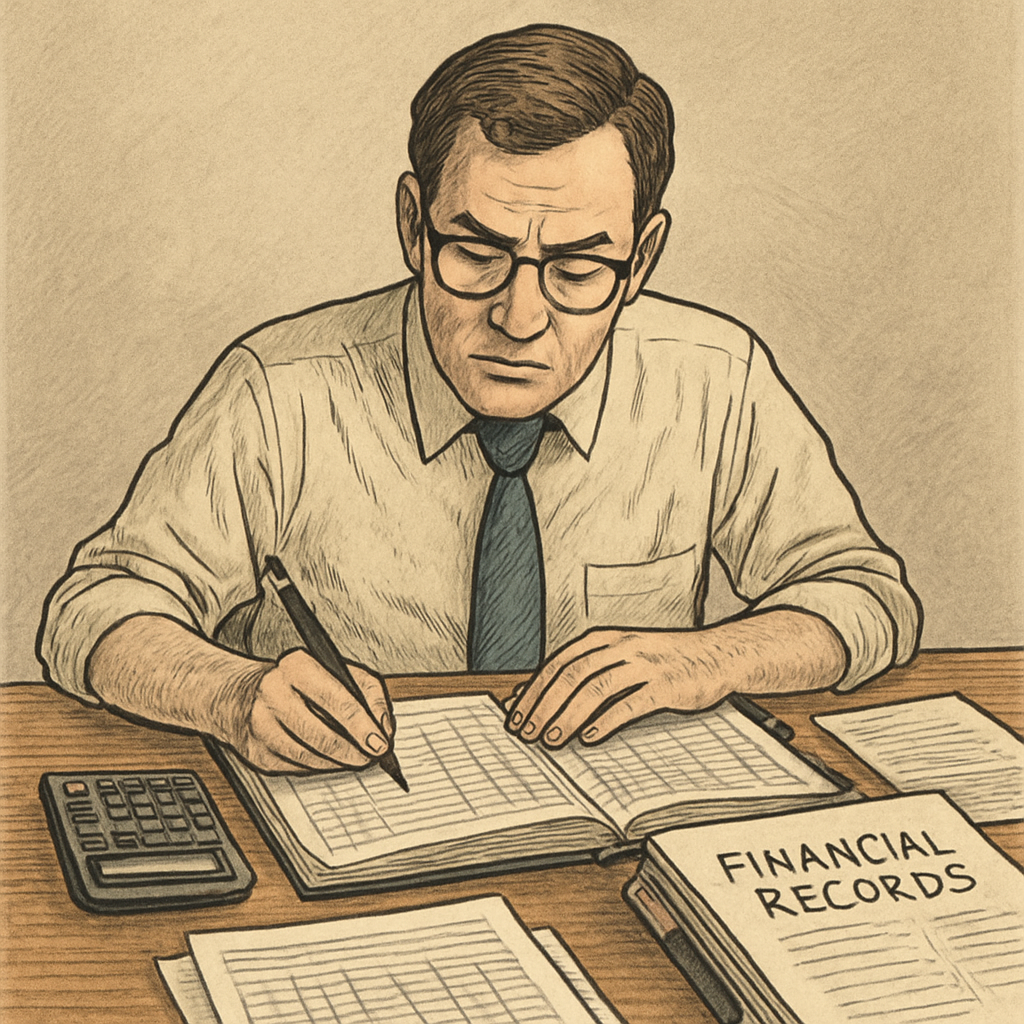Body corporate levies
Body corporate levies are a crucial aspect of the management and maintenance of multi-unit developments such as apartment complexes and townhouse communities.
Levies are a form of mandatory contribution from each owner to cover the costs associated with maintaining and improving the common property, and are an important tool for ensuring the long-term sustainability of the development.
The amount of levies that owners are required to pay is determined by the body corporate committee, which is elected by the owners of the units within the development.
The levies are based on a budget that is prepared by the body corporate, which takes into account the expected costs of maintenance and improvement, as well as any other expenses such as insurance premiums and legal fees.
One of the main purposes of body corporate levies is to fund the maintenance and repair of the common property.
This can include everything from minor repairs to major renovations, and is essential for ensuring that the development remains in good condition and that residents enjoy a safe and comfortable living environment.
In addition to funding the maintenance and repair of the common property, body corporate levies are also used to cover the costs of insurance.
This is critical for protecting residents and the common property in the event of a disaster, such as a fire or a storm, and is typically a requirement of the bylaws that govern the development.
Another important use of body corporate levies is to fund the administration and management of the development. This can include hiring professional body corporate managers to assist with the day-to-day administration and management of the development, as well as paying for legal fees and other expenses related to the management of the body corporate.
It is important for owners to understand that body corporate levies are a mandatory contribution, and are not optional. If an owner does not pay their levies, the body corporate may take action, which could include fines, legal action, or the suspension of the owner’s rights and privileges.
In order to ensure that the levies are used effectively, the body corporate committee must be transparent and accountable in their decision-making and financial management.
This includes holding regular meetings and distributing minutes, as well as providing regular financial reports and budgets to the owners. The body corporate should also ensure that all expenses are reasonable and necessary, and that the levies are being used in the best interests of the development as a whole.
In conclusion, body corporate levies are an essential aspect of the management and maintenance of multi-unit developments. Levies are used to fund the maintenance and repair of the common property, cover the costs of insurance, and support the administration and management of the development.
By understanding their responsibilities as owners and by supporting the body corporate in their decision-making and financial management, residents can help to ensure the long-term sustainability and success of their community.



